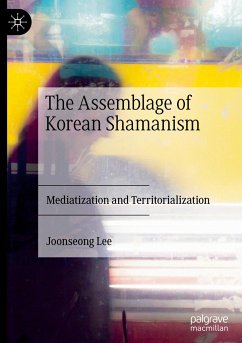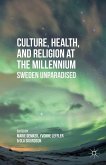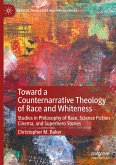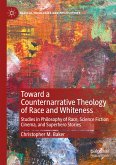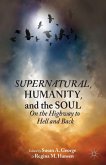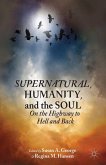The most unique aspect of Korean shamanism is its mysterious duality that continually reiterates the processes of deterritorialization and reterritorialization. This book approaches that puzzle of mysterious duality using an interdisciplinary lens. Korean shamanism has been under continuous oppression and marginalization for a long time, and that circumstance has never dissipated. Shaman culture can be found in every corner of people's lives in contemporary Korea, but few acknowledge their indigenous beliefs with pride. This mysterious duality has deepened as the mediatization process of Korean shamanism has developed. Korean shamanism was revived as the dynamic of shamanic inheritance in the process, but these dynamics have also become the object of mockery. For this reason, any true understanding of Korean shamanism rests in how to unravel the unique puzzles of this mysterious duality. In this book, the duality is mapped out by playing with the puzzles surrounding the contextualization of Korean shamanism and mediatization.
Bitte wählen Sie Ihr Anliegen aus.
Rechnungen
Retourenschein anfordern
Bestellstatus
Storno

